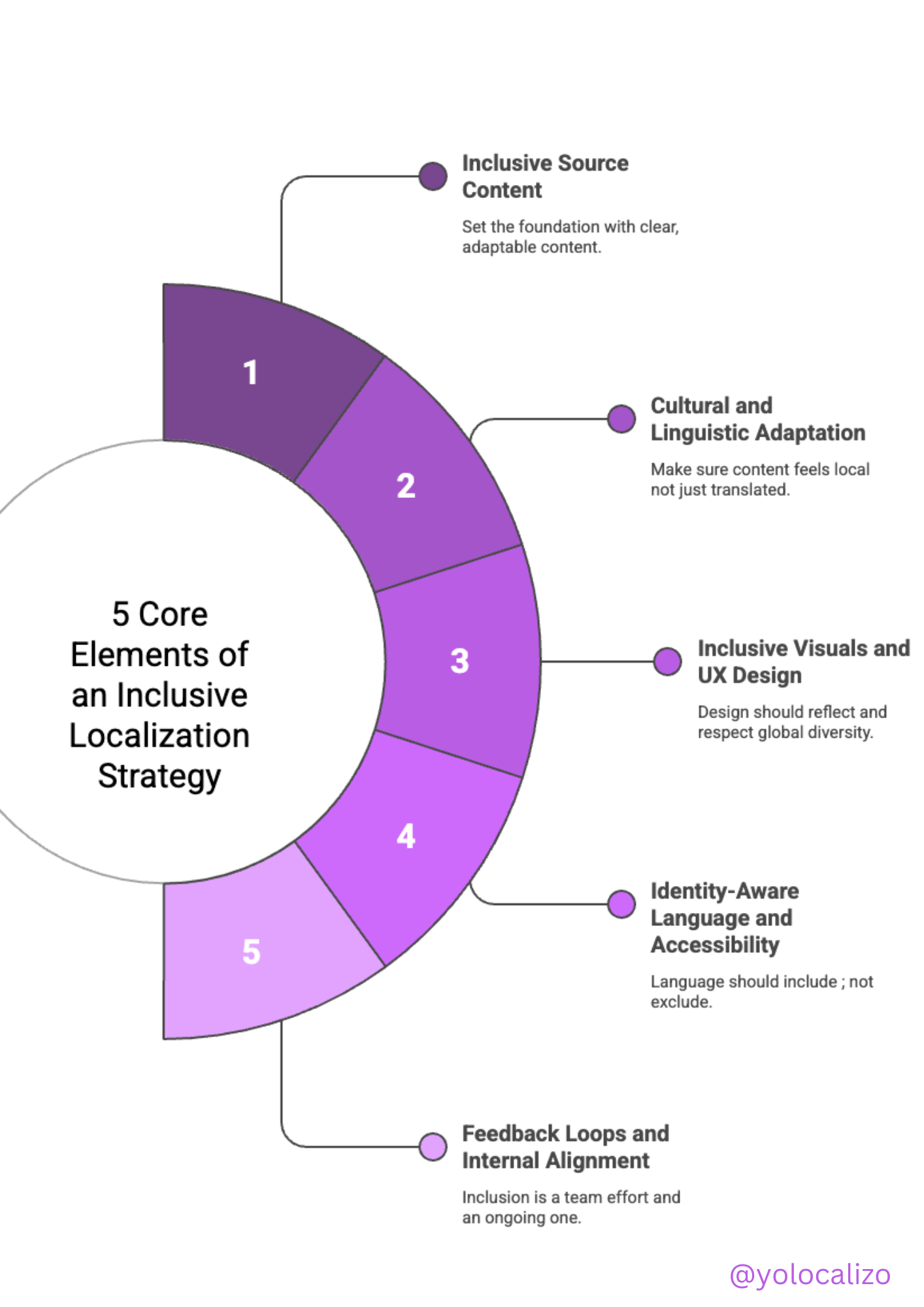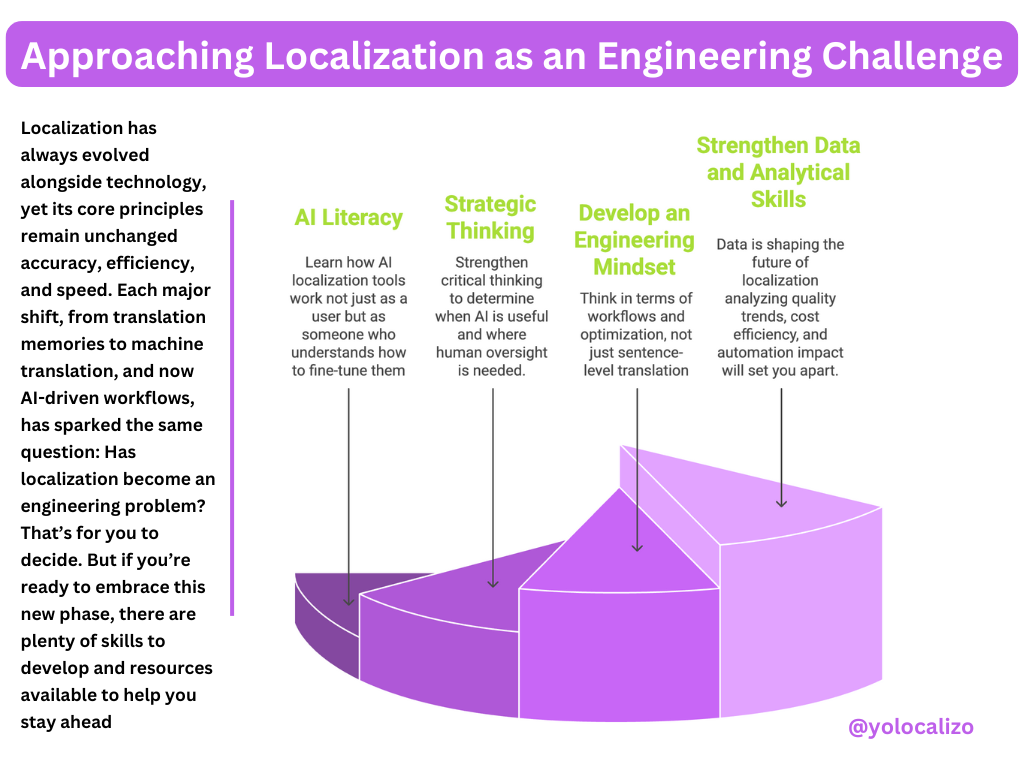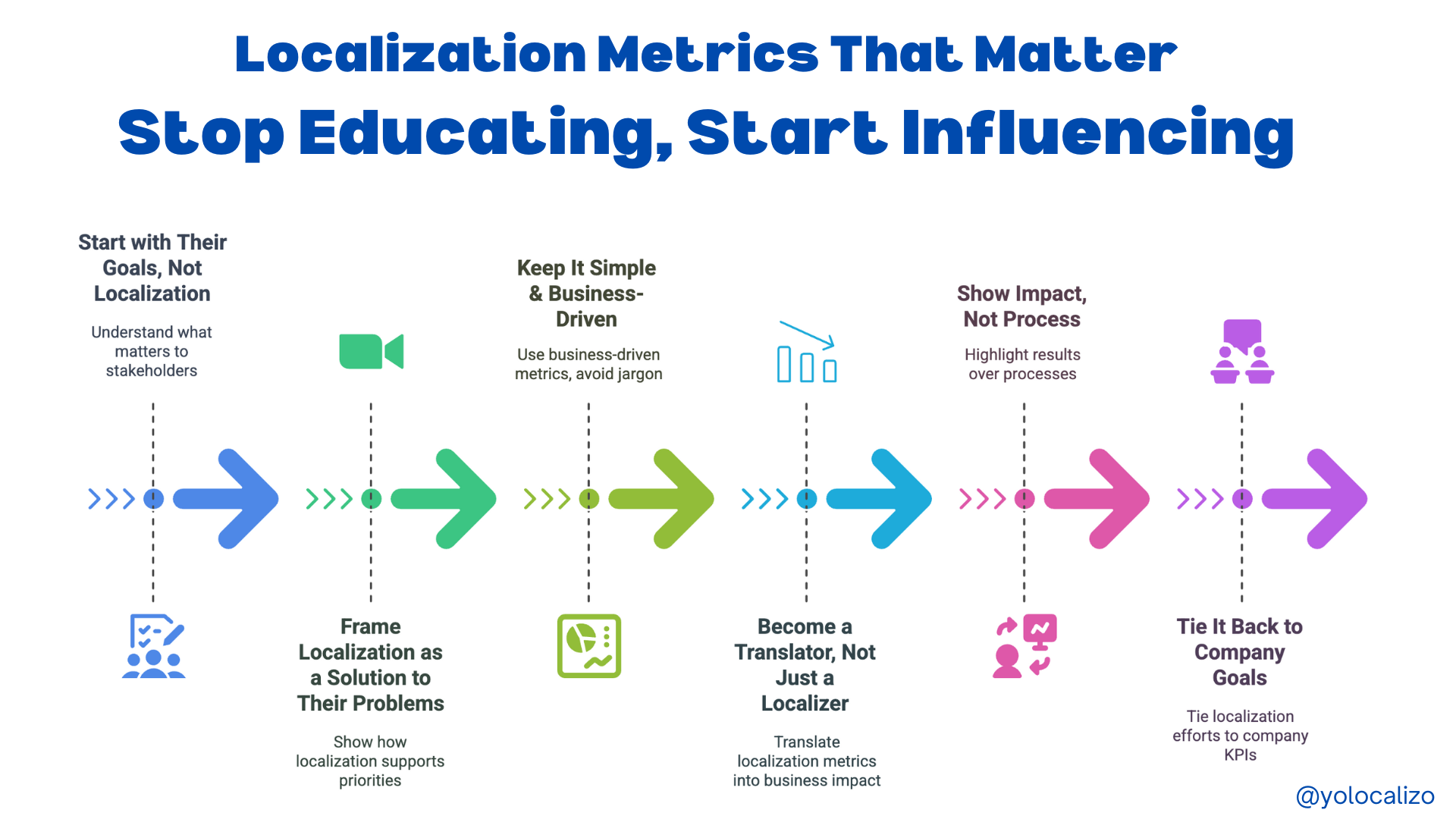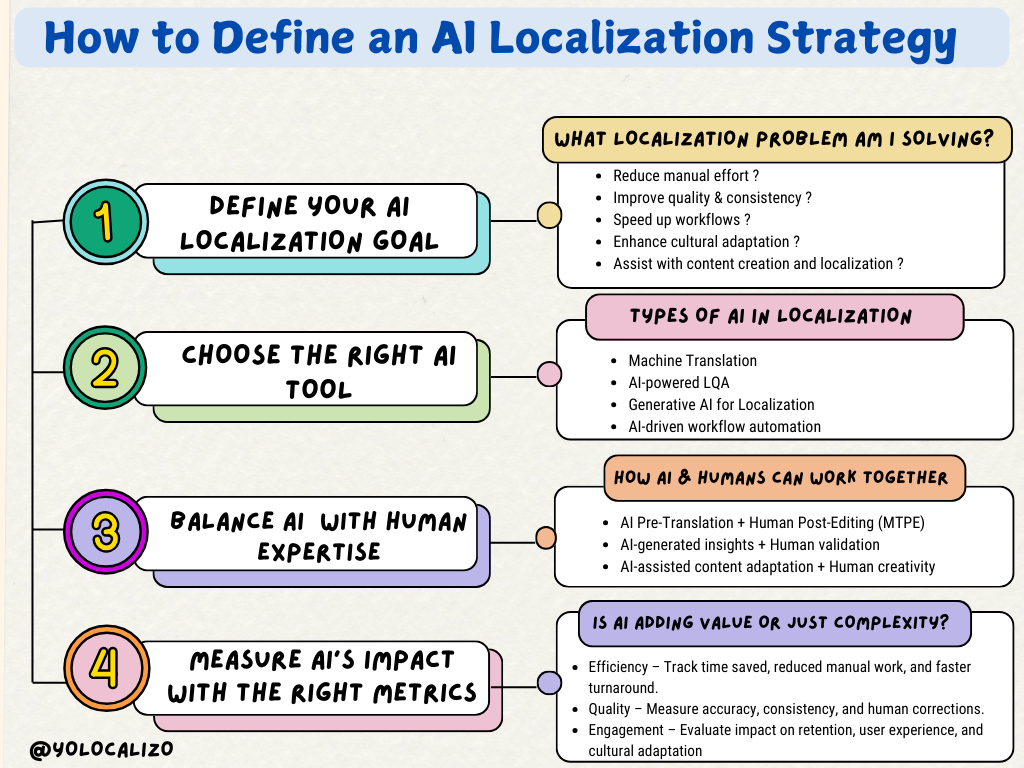SO, YOU’VE BEEN INVITED TO BE A PANELIST, NOW WHAT?
Breaking news! If we want to improve something, we have to practice, I'm sure you have never heard/read that advice before (ironic mode ON)
3 years ago I decided that I had to improve my public speaking skills;
At that time I signed up for Toastmasters and also forced myself to speak in public whenever I had a chance. In the same way that one does not learn at all to play basketball simply by reading books about how to play basketball, to speak well in public is not learned at all just by reading books on how to speak in public.
Practice and exposure is important, for that reason when I was offered in the past LocWorld to participate in a panel, I did not hesitate to accept the invitation. A panel discussion is a format in which I do not have much experience, so it was the perfect opportunity for me to train this modality; Many people think that it is easier to participate in a panel discussion than delivering a presentation, but I, personally, I have a different opinion. In a presentation we usually have control of the situation, we know our slides, the flow, the tempo, we can practice days before ... there is a certain sense of control. In a panel discussion is different.
The first step to do a good job as a panelist is understanding that there is a clear difference between panel presentations and only presentations. In a panel we are part of the group and at the same time, we need to stand out. We have to contribute to the discussion, and at the same time make our points.
Panels in the localization industry are quite popular. Why is that? I believe organizers (and the audience) like to have multiple voices on a topic. A panel discussion if done well, support a nice exchange of ideas between the panelists, the moderator and the audience! It's much more dynamic than a presentation (and less boring for the audience)
Preparing for the panel of Is There an Innovators Dilemma? Taking the Pulse of Real Innovation in the Globalization Industry I created a series of notes in my Evernote and best practices that I have decided to put together in this infographic. Click/tap the image to download in PDF format some tips about what to consider before the panel, during and after!!
12 Tips to make our next panel discussion more meaningful
1. CONNECT WITH OTHER PANELISTS IN ADVANCE
2. SHARE YOUR INTRODUCTION IN ADVANCE
3. MIC- THE OPTIMAL DISTANCE
4. PREPARE YOUR POINTS IN ADVANCE
5. BRING YOUR POINTS TO LIVE
6. BE AWARE OF THE CURVEBALL QUESTIONS
7. THIS IS CONFUSING TO WHOM SHOULD I ANSWER TO?
8. BUILDING BRIDGES
9. MY WAY OR THE HIGHWAY? THINK TWICE
10. STAY AROUND FOR A FEW MINUTES AFTER THE PANEL
11. GREET AGAIN THE PANELISTS
12. THANKS MODERATOR
Click HERE to download the infographic in PDF high-quality format
Many presentations that we attend for different reasons are usually quite boring, and perhaps the only thing that is more boring than a boring presentation is a boring panel discussion; there the boredom multiplies as many times as the number of guests we have :)
I hope these tips that I created in this article help not to make our panels boring, but inspiring, stimulating and exciting!
Good luck to all of us for our next panel!
@yolocalizo


















Before jumping on the AI bandwagon: What localization problem are you trying to solve? AI is everywhere right now, including in localization.
But before jumping on the bandwagon, we need to stop and ask:
Are we solving the right problem?